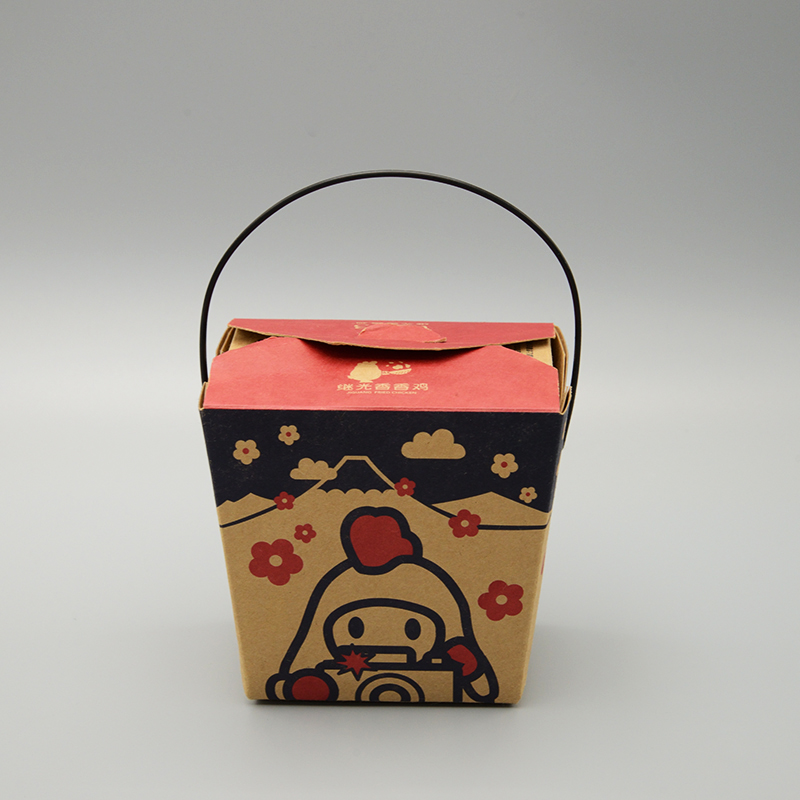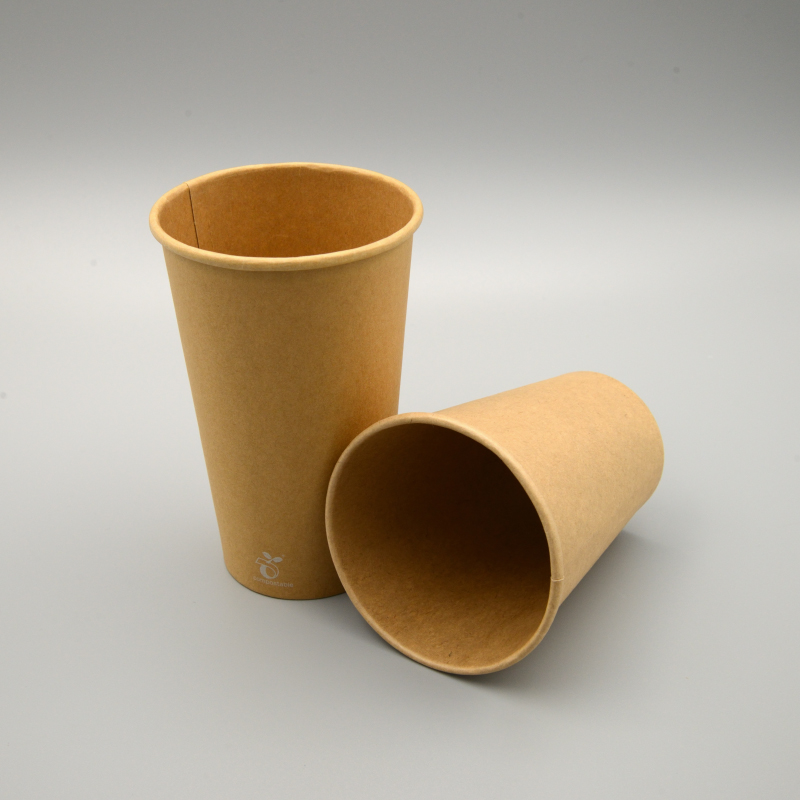Peppermint tea is known for easing bloating, diarrhea, constipation, and other stomach and pelvic discomforts. Its antibacterial, antiviral, and anti-inflammatory properties make it a go-to for people seeking relief from illness symptoms, bad breath, and more. Peppermint tea doesn't have caffeine, making it a relaxing herbal tea option.
This article explains peppermint tea's benefits, who should avoid it, and how to brew it. Peppermint Tea Bags

Peppermint leaves come from the peppermint plant (Mentha piperita), an herb in the mint (Lamiaceae) family. To make peppermint tea, you can use whole peppermint leaves steeped in cold or hot water.
One of the best-known benefits of mint tea is it helps with digestion. The gastrointestinal (GI) benefits of peppermint leaves have been well documented in research. Researchers found the following properties in mint leaves:
The most notable property for digestive issues is its antispasmodic (relieving muscle spasms) activity. Peppermint may alleviate irritable bowel syndrome (IBS), dyspepsia (indigestion), and bloating symptoms. Additionally, peppermint has been found to reduce discomfort caused by endoscopy (a medical procedure that involves threading a long, thin tube down your throat to view internal organs).
Studies show peppermint tea may help with pregnancy-related GI troubles. It may relieve flatulence and morning sickness, and improve digestion.
People tout many other benefits of peppermint tea, from relieving headaches to fighting infection and aiding weight loss.
While there is no direct evidence that peppermint tea helps with headaches, research does exist on the effect of peppermint oil on headaches. One study found that peppermint oil applied to the nasal passages reduced the intensity and frequency of migraines at a similar rate as lidocaine.
Peppermint may also help with tension headaches. Research shows peppermint oil applied topically offered comparable tension headache pain relief to aspirin or (Tylenol) acetaminophen.
Research shows that peppermint can reduce halitosis (bad breath). The antimicrobial properties of peppermint may be effective against microorganisms found in the mouth. One study evaluated five essential oils, including peppermint oil, against oral pathogens. Peppermint oil had a significant inhibitory effect.
Some research shows inhalation of peppermint may improve lung capacity. However, in people with asthma, there were no differences.
Another study examined peppermint essential oil's ability to reduce anxiety in people experiencing cardiac symptoms. It found that aromatherapy with peppermint is effective at reducing anxiety in people with acute coronary syndrome (a reduction of blood flow to the heart).
While this may not seem related to the lungs, anxiety symptoms affect both the heart and lungs. Anxiety is one of the key factors of acute heart disease progression because of its effects on blood pressure, pulse, and respiration. Therefore, it reduces anxiety and reduces oxygen demand.
One study found peppermint and lavender essential oils used as aromatherapy could improve the sleep quality of cardiac (heart) patients in a hospital setting.
Another study found that peppermint oil aromatherapy helped people sleep better after open heart surgery. It also reduced the severity of people's pain.
Peppermint tea is an excellent choice before bedtime. It's naturally caffeine-free and relaxing, which may help you feel sleepy. And getting adequate sleep will also help you feel less tired during the day.
Peppermint tea may also help with menstrual cramps and related discomforts. Researchers found that peppermint capsules reduced menstrual cramp pain and severity. However, it did not change the amount of bleeding.
Another study found peppermint capsules reduced moderate and severe dysmenorrhea (painful menstruation).
Peppermint has antibacterial properties, which may help with some infections. Researchers found a strong presence of antibacterial and antioxidant activity in peppermint essential oil, which may make it a good choice for inhibiting some foodborne pathogens.
Research has also found that peppermint may be a food that decreases viral load. One study found that peppermint's antiviral properties may boost defense and treat respiratory diseases. Peppermint oil's antiviral activity was also strong against herpes simplex virus type 1 and 2. It also inhibited interaction between SARS-CoV-2 (the virus that causes COVID-19) and the host body.
There is not a lot of research on peppermint and weight loss. However, some evidence shows peppermint may help control your appetite. In one study, researchers found in addition to reduced gastric symptoms, participants also had reduced appetite when they took peppermint capsules.
Research suggests that peppermint may reduce some allergy symptoms. For instance, peppermint essential oil may significantly decrease inflammation in nasal tissue, making it a good option for treating allergic rhinitis (hay fever).
There is also some evidence that peppermint may strengthen your ability to think and recall. One study found that exposure to peppermint aromatherapy impacted cognition and mood in healthy young adults. Small and medium-sized effects were also found in the following:
Traditionally, peppermint has been used as a folk remedy for the following:
Peppermint tea is generally safe as an herbal, caffeine-free beverage for most people. Many people can enjoy a cup daily. However, some people should use care or avoid it.
Studies found that ingesting peppermint is a risk factor for increasingly severe gastroesophageal reflux disease (GERD) symptoms. Researchers believe peppermint relaxes the smooth muscles of the esophagus, which is already too relaxed in GERD.
Speak with a healthcare provider about whether peppermint tea is a safe choice if you are pregnant or lactating. It's also best to discuss herbal tea use in small children with a healthcare provider first.
Do not drink peppermint tea if you have a peppermint allergy. Like other food allergies, peppermint can lead to severe allergy symptoms, including anaphylaxis (a life-threatening allergic reaction).
Most people make peppermint tea with a tea bag or dried tea leaves steeped in hot water in a single cup or pot, but there are several other ways to brew it.
Cold brewing isn't just for coffee. You can also use this same method for brewing peppermint tea. To make a cold brew, do the following:
Steeped is probably the most common way to enjoy tea, including peppermint tea. To make steeped tea, do the following:
Some people like to add other herbs and ingredients to their peppermint tea. You may even find that some prepared tea bags combine ingredients with peppermint for this effect or to marry the flavors.
If you choose to do this, follow whichever brewing method you prefer. Be sure to confirm the safety of the ingredients with a healthcare provider first.
You can make a latte with peppermint tea, by following these steps:
Peppermint tea has many benefits, the most notable being the relief of GI symptoms. While most research focuses on peppermint oil and aromatherapy, it is possible that peppermint tea could offer similar benefits for headaches, menstrual cramps, fatigue, allergies, and more.
People with GERD should avoid peppermint tea because of its ability to relax the esophagus, which could worsen symptoms. You can enjoy peppermint tea as a cold brew, a latte, or steeped in a cup or pot.
Singh, R., Shushni, M., Belkheir, A. Antibacterial and antioxidant activities of Mentha piperita L. Arabian Journal of Chemistry. 8, 3, 322-328; 2015. doi:10.1016/j.arabjc.2011.01.019.
Mahendran G, Rahman LU. Ethnomedicinal, phytochemical and pharmacological updates on peppermint (mentha × piperita L.)-A review. Phytother Res. 2020;34(9):2088-2139. doi:10.1002/ptr.6664
Heghes SC, Vostinaru O, Rus LM, Mogosan C, Iuga CA, Filip L. Antispasmodic effect of essential oils and their constituents: A review. Molecules. 2019;24(9):1675. doi:10.3390/molecules24091675
Terzioglu Bebitoglu B. Frequently used herbal teas during pregnancy - Short update. Medeni Med J. 2020;35(1):55-61. doi:10.5222/MMJ.2020.69851
Rafieian-Kopaei M, Hasanpour-Dehkordi A, Lorigooini Z, Deris F, Solati K, Mahdiyeh F. Comparing the effect of intranasal lidocaine 4% with peppermint essential oil drop 1.5% on migraine attacks: A double-blind clinical trial. Int J Prev Med. 2019;10:121. doi:10.4103/ijpvm.IJPVM_530_17
Göbel H, Heinze A, Heinze-Kuhn K, Göbel A, Göbel C. Peppermint oil in the acute treatment of tension-type headache.Pain.2016;30(3):295-310.doi:10.1007/s00482-016-0109-6
Haghgoo R, Abbasi F. Evaluation of the use of a peppermint mouth rinse for halitosis by girls studying in Tehran high schools. J Int Soc Prev Community Dent. 2013;3(1):29-31. doi:10.4103/2231-0762.115702
Thosar N, Basak S, Bahadure RN, Rajurkar M. Antimicrobial efficacy of five essential oils against oral pathogens: An in vitro study. Eur J Dent. 2013;7(Suppl 1):S071-S077. doi:10.4103/1305-7456.119078
Meamarbashi A. Instant effects of peppermint essential oil on the physiological parameters and exercise performance. Avicenna J Phytomed. 2014;4(1):72-78.
Soleimani M, Kashfi LS, Mirmohamadkhani M, Ghods AA. The effect of aromatherapy with peppermint essential oil on anxiety of cardiac patients in emergency department: A placebo-controlled study. Complement Ther Clin Pract. 2022;46:101533. doi:10.1016/j.ctcp.2022.101533
Mahdavikian S, Fallahi M, Khatony A. Comparing the effect of aromatherapy with peppermint and lavender essential oils on fatigue of cardiac patients: A randomized controlled trial. Evid Based Complement Alternat Med. 2021;2021:9925945. Published 2021 Sep 14. doi:10.1155/2021/9925945
Maghami M, Pour-Abbasi MS, Yadollahi S, Maghami M, Azizi-Fini I, Afazel MR. Pain and sleep after open-heart surgery-inhalation peppermint essence: double-blind randomized clinical trial. BMJ Support Palliat Care. doi:10.1136/spcare-2023-004214
Masoumi SZ, Asl HR, Poorolajal J, Panah MH, Oliaei SR. Evaluation of mint efficacy regarding dysmenorrhea in comparison with mefenamic acid: A double blinded randomized crossover study. Iran J Nurs Midwifery Res. 2016;21(4):363-367. doi:10.4103/1735-9066.185574
Heshmati, A., Dolatian, M., Mojab, F., Shakeri, N. Nikkhah, S., Mahmoodi, Z. The effect of peppermint (Mentha piperita) capsules on the severity of primary dysmenorrhea. Journal of Herbal Medicine, 6,3, 137-141; 2016. doi: 10.1016/j.hermed.2016.05.001
Azam MS, Islam MN, Wahiduzzaman M, Alam M, Dhrubo AAK. Antiviral foods in the battle against viral infections: Understanding the molecular mechanism. Food Sci Nutr. 2023;11(8):4444-4459. doi:10.1002/fsn3.3454
Papathanasopoulos A, Rotondo A, Janssen P, et al. Effect of acute peppermint oil administration on gastric sensorimotor function and nutrient tolerance in health. Neurogastroenterol Motil. 2013;25(4):e263-e271. doi:10.1111/nmo.12102
Park N, Chung JY, Kim MH, Yang WM. Protective effects of inhalation of essential oils from Mentha piperita leaf on tight junctions and inflammation in allergic rhinitis. Front Allergy. 2022;3:1012183. doi:10.3389/falgy.2022.1012183
Hoult, L., Longstaff, L., Moss, M. Prolonged low-level exposure to the aroma of peppermint essential oil enhances aspects of cognition and mood in healthy adults. American Journal of Plant Sciences. Vol.10 No.6, 2019. doi:10.4236/ajps.2019.106072
Jarosz M, Taraszewska A. Risk factors for gastroesophageal reflux disease: the role of diet. Prz Gastroenterol. 2014;9(5):297-301. doi:10.5114/pg.2014.46166
Bayat R, Borici-Mazi R. A case of anaphylaxis to peppermint. Allergy Asthma Clin Immunol. 2014;10(1):6. doi:10.1186/1710-1492-10-6
By Kathi Valeii As a freelance writer, Kathi has experience writing both reported features and essays for national publications on the topics of healthcare, advocacy, and education. The bulk of her work centers on parenting, education, health, and social justice.
Thank you, {{form.email}}, for signing up.
There was an error. Please try again.

Tea Filter Bag By clicking “Accept All Cookies”, you agree to the storing of cookies on your device to enhance site navigation, analyze site usage, and assist in our marketing efforts.